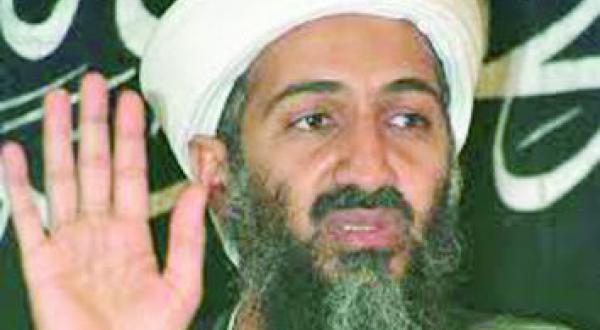Washington- On the fifth anniversary of the death of Al Qaeda leader Osama bin Laden, former Central Intelligence Agency (CIA) Leader Mark Kelton believes that Pakistani intelligence businesses poisoned him after the raid on Osama bin Laden.
Kelton, who retired from CIA five years ago, said that he began having serious abdomen pains and needed to have stomach surgical operation to clear up the issue.
“I’d moderately allow that entire unhappy episode lie,” he stated.
“I’m very, very pleased with the folk I labored with who did superb issues for his or her U.S. at an overly tricky time. While the real tale is advised, the rustic will probably be very pleased with them.”
Talking on Kelton’s allegations of poisoning, Pakistan Embassy spokesman Nadeem Hotiana brushed aside the tale saying, “Clearly the tale is fictional, now not worth of remark. We reject the insinuations implied within the allegations.”
In a common matter, Reuters published last week Pakistani officials’ criticisms for the Republican presidential candidate Donald Trump, who said that after winning the Presidential elections, he would force Pakistan to release Shakil Afridi, the Pakistani doctor who helped CIA track Bin Laden.
“Washington views Afridi as a hero but Pakistan sentenced him in 2012 to 33 years in jail on charges of belonging to militant group Lashkar-e-Islam, which he denies. That sentence was overturned and Afridi is now awaiting trial on another charge,” Reuters published.
For his part, Trump told Fox News that, if elected, he would get Pakistan to free Shakil Afridi “in two minutes”, saying that Islamabad has been receiving a lot of development aid from the United States.
In the interview, Trump also said he supported leaving the roughly 10,000 U.S. troops still based in Afghanistan instead of withdrawing them by the end of 2017.
“I would stay in Afghanistan,” he said. “It’s probably the one place we should have gone in the Middle East because it’s adjacent and right next to Pakistan which has nuclear weapons.”
